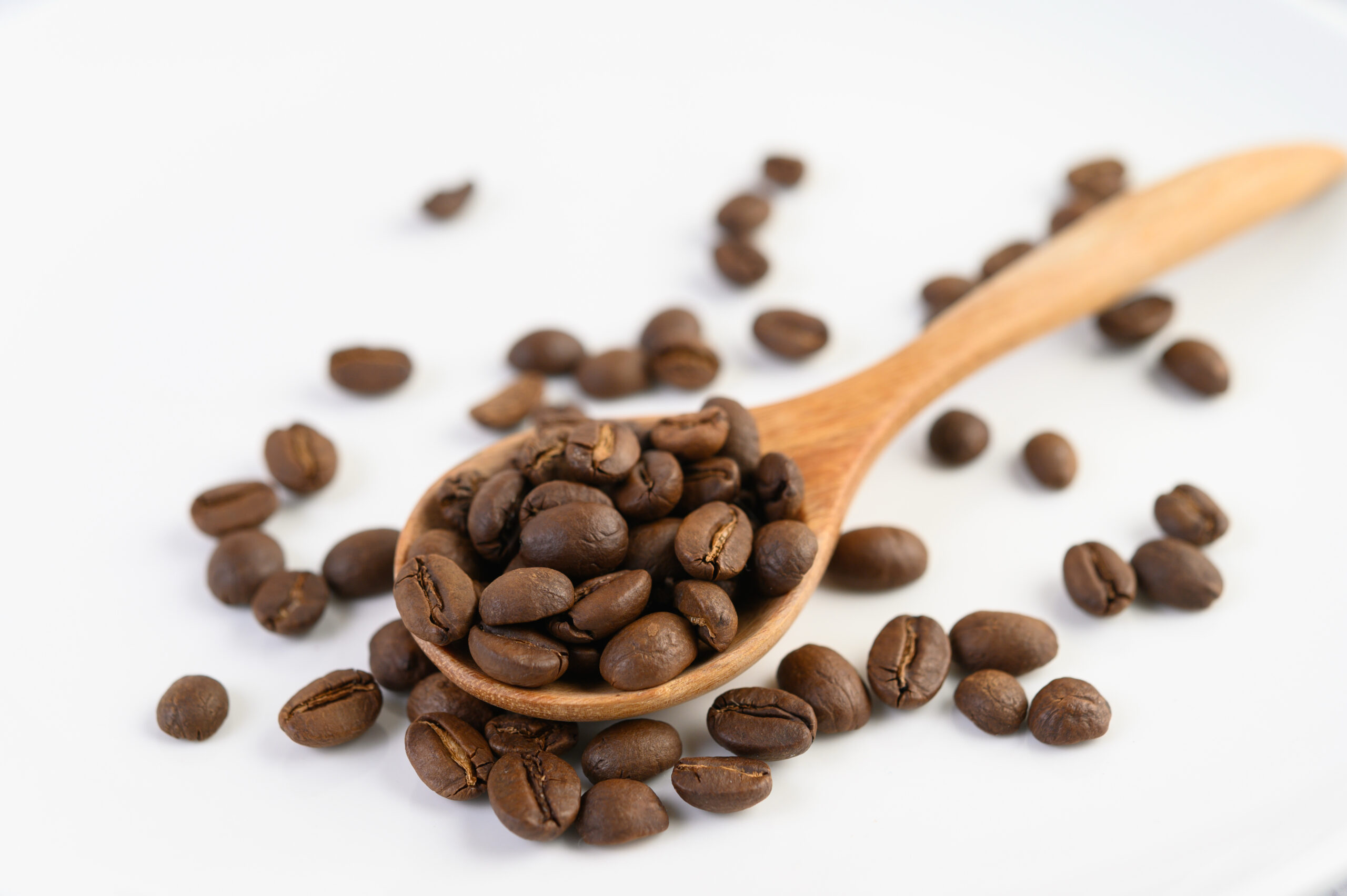If you’re a coffee lover (and let’s be real—you’re probably reading this with a cup in hand), you’ve probably wondered at some point: Can you just eat coffee beans? Like, straight up?
The answer is a simple yes, you can. But should you? That’s where things get a little more interesting.
Popping a coffee bean in your mouth might feel like a super-charged caffeine move, and honestly, it kind of is. People have been snacking on roasted coffee beans for ages, especially when dipped in chocolate. They’re crunchy, bold, and packed with that deep, roasted flavor we all love. But before you start munching on a handful like trail mix, there are a few things you’ll want to know.
In this guide, we’re diving into the benefits (yes, there are some legit perks), the potential side effects (hello, caffeine jitters), and the best ways to enjoy them without overdoing it. Whether you’re curious about using them as an on-the-go energy boost or you just want to flex your coffee obsession in a new way, this is everything you need to know about eating coffee beans.
Spoiler: It’s a thing, but like with most good things in life, moderation is key.
Yes, You Can Eat Coffee Beans!
Coffee beans are edible. In fact, humans have been eating coffee beans for centuries, long before coffee was ever brewed into a drink.
They are packed with lots of flavour, caffeine, and antioxidants. Today, you’ll often see chocolate-covered coffee beans sold as a gourmet treat in cafes and stores.
What Do Coffee Beans Taste Like?
Ever wondered what it’s like to just pop a roasted coffee bean into your mouth? Well, get ready for a seriously intense flavor kick. Eating a roasted coffee bean is kind of like tasting your coffee in its most concentrated form: it’s bold, slightly bitter, and depending on the roast, can surprise you with notes of nuttiness, chocolate, or even fruit.
If you go for a light roast, you’ll likely get a more acidic, fruity tang: think citrusy or berry-like vibes. Dark roasts, on the other hand, hit you with a deeper, more robust flavor. They’re smokier, a little bitter, and have that classic bold coffee taste that lingers.
Texture-wise, roasted beans are crunchy but not tooth-breakingly hard. It’s more like biting into a roasted almond: there’s a satisfying snap, but you won’t regret it. Just don’t confuse them with raw, green coffee beans, because those are super dense, kind of grassy in flavour, and honestly, not very fun to chew on.
Pro tip: If it’s your first time trying one, start small. Maybe try a chocolate-covered roasted bean to ease into the flavor (and let’s be honest, they’re dangerously good). Straight-up roasted beans are definitely an acquired taste, but if you’re a hardcore coffee fan, you might just find a new way to get your caffeine fix with no brewing required.
Health Benefits of Eating Coffee Beans
High in Antioxidants: Coffee beans are rich in powerful antioxidants, particularly chlorogenic acid, which helps fight inflammation and may support heart health.
Energy Boost: Since you’re consuming the entire bean, you get a more concentrated hit of caffeine compared to drinking brewed coffee.
Improved Mental Alertness: The caffeine and antioxidant combo can enhance brain function, improve focus, and boost your mood.
Digestive Health: Small amounts of fiber from the beans may help with digestion.
How Much Caffeine Is in Coffee Beans?
On average, one coffee bean contains about 6–12 mg of caffeine, depending on the variety and roast. For comparison, an average cup of brewed coffee has about 95 mg of caffeine.
If you eat 10–15 beans, you could be getting the caffeine equivalent of a full cup of coffee, so moderation is key.
Possible Downsides of Eating Coffee Beans
While coffee beans offer benefits, there are a few things to watch out for:
- Excessive Caffeine Intake: Too many beans can cause jitters, anxiety, or heart palpitations — just like drinking too much coffee.
- Digestive Upset: Coffee beans are high in fiber and oils. Eating too many at once might lead to stomach discomfort or laxative effects.
- Teeth Staining: Just like brewed coffee, eating coffee beans can potentially stain your teeth over time.
- Pregnancy Considerations: If you are pregnant, limit your caffeine intake and consult with a doctor before eating coffee beans.
Best Ways to Eat Coffee Beans
- Chocolate-Covered Coffee Beans: A delicious and popular way to enjoy them, balancing bitterness with sweetness.
- Crushed Coffee Beans as Toppings: Sprinkle crushed beans over desserts, yogurts, or smoothie bowls for an added crunch and coffee flavor.
- Directly Roasted Beans: Eat roasted beans straight for a pure, intense experience. Though we highly recommend having a glass of water nearby!
How Many Coffee Beans Can You Eat?
For most healthy adults, 10-20 beans per day is the maximum, but it also depends on your caffeine sensitivity. If you’re already drinking coffee or energy drinks, adjust accordingly to avoid excessive caffeine.
Pro Tip: Choose high-quality, freshly roasted beans for the best flavour and safest consumption.
Coffee beans are delightfully flavourful, energising, and packed with antioxidants. However, as with all other foods, they should be eaten in moderation.








One Comment